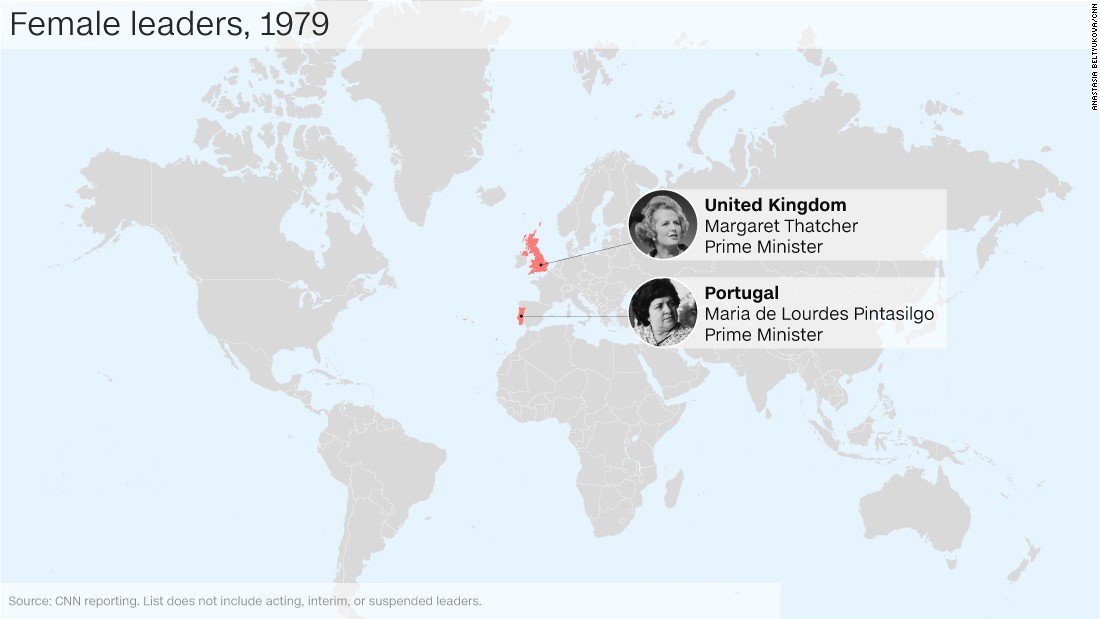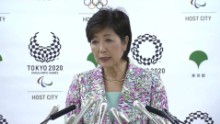First woman to break Tokyo's 'steel ceiling' wants to make it easier in future
Yuriko Koike is a woman accustomed to breaking glass ceilings.
She became Japan's first ever female defense minister in 2007, and a year later became the first woman to run for leader of the Liberal Democratic Party. And, earlier this month, she was elected Tokyo's first ever female governor by a landslide.
But breaking through hasn't always been easy. In Japan, she says the glass ceiling is more like steel -- and now she wants to help women beneath it.
"The potential of Japan is so enormous," she told CNN in an interview in her Tokyo office.
"But half of the population -- women -- is not well used. I want to do my best to make women in Japan and Tokyo (make better) use of their ability."
Aging, male-dominated society
Japanese society is heavily male-dominated in both politics and business. The World Economic Forum ranks the country 101st out of 145 in terms of gender equality, and only 9.5% of Japan's House of Representatives are women, according to the Inter-Parliamentary Union.
In Japan, the glass ceiling is more like "steel," Koike says, "it's more rigid, more chauvinistic, it's really hard to crash."
One of the main problems, Koike says, is childcare: too many women are forced to make a choice between having a career and building a family.
"It's not fair," she says. "In the US and other countries, women have more freedom to choose both."
She vowed in her gubernatorial campaign to improve the city's childcare system and get more women into the workforce.
Doing so will also help tackle another major problem facing Japan: its rapidly aging population. Today, more than 25% of the country's population is over 65, according to the UN. By 2060 that figure is expected to have risen to 40%.
"Demography is one of the biggest social issues (facing Japan)," Koike says. "In such a gigantic city like Tokyo, we have to find out a good solution for that."
She's used to being an outlier. As a young woman, she studied Arabic in Egypt at Cairo University, despite it being a "very minor foreign language in Japan" at the time.
"Japan is such a homogenous society, doing something strange or something unique is very, very odd," she says. "I always challenge those old ways of thinking."

US relationship
Koike is often compared to Hillary Clinton, and she praised the former US Secretary of State's campaign, though expressed relief that she didn't have to run as long a one to win her seat.
"My campaign lasted only 17 days," she says, adding that the length of the US presidential race is "unthinkable for us."
A big proponent of close US-Japan ties, Koike says the country will work with whomever is elected in November, be it Clinton, or Donald Trump.
One area where the two nations cooperate is on security, and Koike is conscious of the threat posed by international terrorism, especially around the upcoming 2020 Olympics.
"We have to prepare for everything," she says. "We have to be very careful of both international as well as domestic terrorism."
Olympic challenges
The Olympics are perhaps the biggest issue facing Koike, as she prepares to travel to Rio for the official host handover ceremony at the end of the 2016 games.
Despite still being four years away, the games have already attracted controversy, with construction of the main stadium delayed after a high-profile plan by the late architect Zaha Hadid was scrapped at the last minute due to rising costs.
The games' official logo also had to be dropped after it was alleged that the design was plagiarized.
At least, Koike says with a laugh, "we know the problems."
"I think I'm much luckier than my predecessors ... to seek the solution is not so easy but I will do my best."
She says the cost of the games has already been "enormous," and adds that she hopes her administration will be able to rein in the spending and make it more cost effective.
News Courtesy: www.cnn.com











